EDITORIAL
Published on 02 Dec 2024
Editorial: Neurocomputational models of language processing
doi 10.3389/fnhum.2024.1524366
- 381 views
2,047
Total Downloads
15k
Total Views and Downloads
Select the journal/section where you want your idea to be submitted:
EDITORIAL
Published on 02 Dec 2024
ORIGINAL RESEARCH
Published on 30 Sep 2024
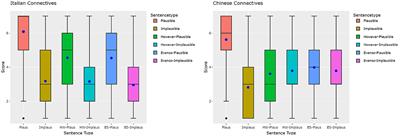
ORIGINAL RESEARCH
Published on 21 Jun 2024

PERSPECTIVE
Published on 11 Apr 2024
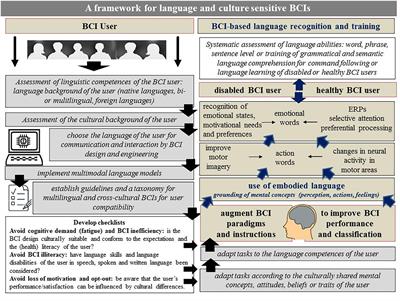
ORIGINAL RESEARCH
Published on 09 Apr 2024
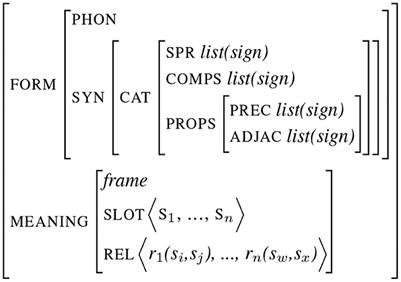
ORIGINAL RESEARCH
Published on 26 Jan 2024
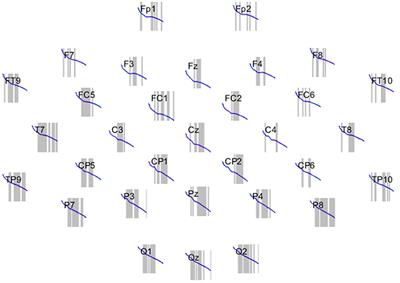
ORIGINAL RESEARCH
Published on 08 Jan 2024
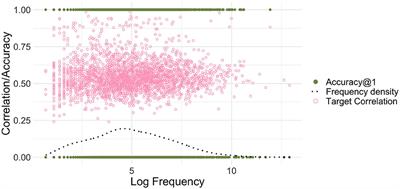
ORIGINAL RESEARCH
Published on 01 Sep 2023


Frontiers in Artificial Intelligence